Project time: 2015 – 2016
Budget: 750 000 kr
Funding: SIP Produktion2030
The LiM project combines multivalent logic and numerics in an enriched language to be used in the manufacturing industry in terms of information structures and representation. Multivalence involves non-commutative quantales allow ing to consider ´what comes first, what after´ regarding e.g. the content of fault trees. Quantales also allow to see how ´function´ is a so-called tensor of ´faults´ .
LiM enables improved data collection, monitoring and analysis of data. All data is typed and can thus be included in typed/classified expressions. The terms are also multivalent, enabling decision also in the presence of uncertain data. LiM´s approach to analytics can be scaled up w ithin and across domains of industries.
LiM´s research approach has been iterative and interdisciplinary. Case studies have been conducted w ith LiM´s partners, and also w ith regard to a broad approach concerning the applicability in multiple industrial areas. The information model is logically and ontologically w ell founded. The BPMN based process model describes industrial area ecosystems, where the information model is integrated in BPMN´s (Business Process Modelling Notation) data elements. LiM has also developed an AIDA (Aw areness-Interest-Desire-Action) based upscale model.
2014 – 2017
2015 – 2016
2016 – 2018
Every manufacturing company measure and control production performance with a system of KPIs. The aim of the SMART-PM project is to investigate and demonstrate new ways of collecting data, transforming data to information and introducing new decision tools based on valid information and economic models of the production systems.
2018 – 2020
2014 – 2017
2015 – 2015
2016 – 2016
2013 – 2016
2015 – 2016
2013 – 2017
2017 – 2018
2016 – 2018
2015 – 2018
2014 – 2017
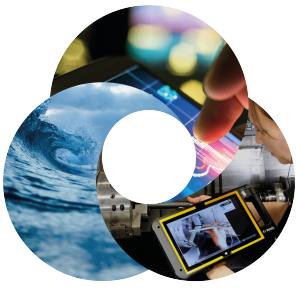
2016 – 2016
2016 – 2016
2014 – 2017
2017 – 2019
Tooling constitutes a significant part in the economical investment of the hot stamping process. Significant benefits in production economy and environmental benefits can be attained by improving the tribological performance in hot forming operations of automotive components. The main idea of this project is to create tailored tool surfaces on dies made from cheaper and easier to manufacture tool steel for the hot stamping of ultra-high strength steels.
2015 – 2018
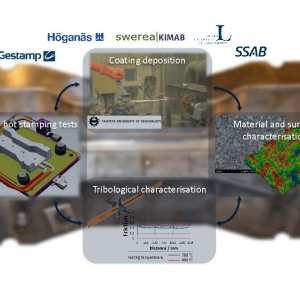
2015 – 2016
2017 – 2020
2015 – 2016
The project focuses on economic and environmental sustainability and increased industrial competitiveness.
2017 – 2018
2015 – 2016
2017 – 2021
Increased sustainability and cost effectiveness through improved strategic decision-making in production issues based on new metrics system for production and development.
2015 – 2017
2017 – 2020
2016 – 2017
2015 – 2016
2014 – 2017
2015 – 2016
2017 – 2018
The main idea of the project is to investigate and demonstrate how the digitalized and proven systems and technologies of the Process Industry, like CPAS, can be used in DM to improve competitiveness and drive growth
2017 – 2019
2013 – 2017
The SAPPA project is about innovative cloud-based predictive and preventive maintenance systems, improving availability of products and production systems.
2014 – 2016
2014 – 2016
2017 – 2018
2017 – 2018
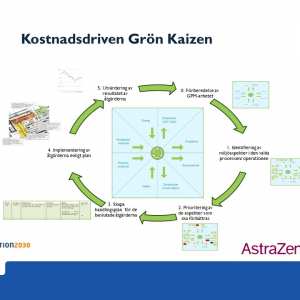
2017 – 2018
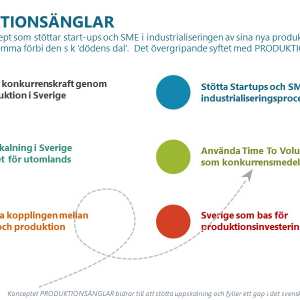
2014 – 2014
2017 – 2018
2017 – 2018
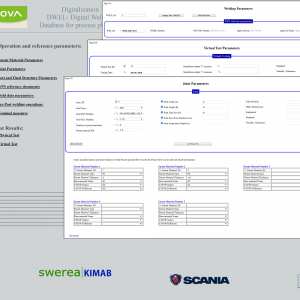
2017 – 2018
2016 – 2017
2016 – 2019
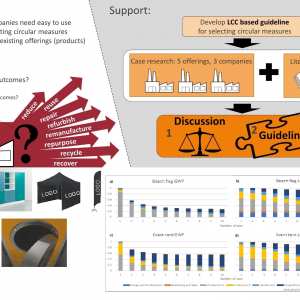
2015 – 2015
2014 – 2017
2016 – 2016
With globalization and other megatrends as demographic changes and climate change, more knowledge is needed regarding production in an international perspective. PADOK Study Visit in India 2016 have given an increased knowledge regarding how production is conducted in India, some of the challenges producing companies in that region is facing and how Swedish companies interested in investing in production in India could act to establish themselves in the region.
2016 – 2016
2013 – 2016

2015 – 2016
RemProLife aims at improving the use of life-cycle information to achieve more efficient remanufacturing from economic and ecological perpectives.
2013 – 2016
2014 – 2018
Reduced lead times and improved performance for tooling through innovative manufacturing and assembly strategies as well as optimised design enabled by use of additive manufacturing (AM).
2016 – 2018
2017 – 2018
Methods for 3D scanned digital twins for efficient development and installation of production facilities at SMEs
2018 – 2021
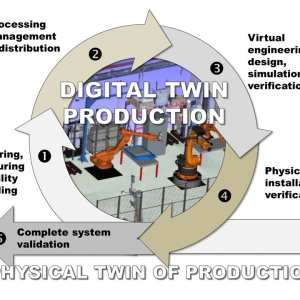
2015 – 2017
2015 – 2016
2015 – 2016